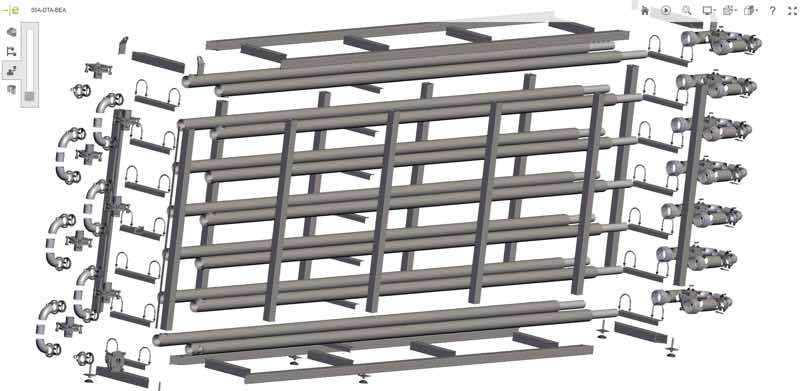No two pharmaceutical processes or production lines are the same. Specifying off the shelf equipment for a customised process can, therefore, be counter-productive, but is still common—despite the fact that bespoke can often be a more cost-effective option.
Just as a bespoke suit will fit better than an off-the-peg design, a specifically designed heat exchanger will perform better than a standard design.
In a worst-case scenario, a heat exchanger that has been developed for one type of application may be completely unsuitable for another. The effects of using the wrong heat exchanger can range from the inconvenient to the disastrous.
The biggest argument made against choosing bespoke equipment is cost. But, not only is the initial purchase price often much less than you think, but additional unforeseen costs associated with using unsuitable designs can be considerable.
As well as increased servicing, their performance may be impaired; requiring additional running time or energy, or their operational life may be compromised. In some instances, a standard solution may perform so poorly that the only option is to replace it with a different unit.
Although based on standard tube architecture, every HRS heat exchanger is designed to meet the specific heat transfer and product handling requirements of an installation – itself a level of bespoke design.

Each heat exchanger from HRS is custom-designed to meet the customers' brief
Each HRS heat exchanger is designed according to a wide range of parameters. These include chemical and physical assessments of the product, and the thermal characteristics of the process, as well as pressure drop, necessary treatment times, and other requirements.
The amount of time and effort our engineers and designers put into each project design means that when you specify a heat exchanger from HRS, you are effectively buying bespoke rather than off the shelf – and will benefit from the superior performance and cost savings that this delivers.
